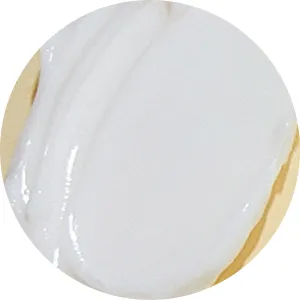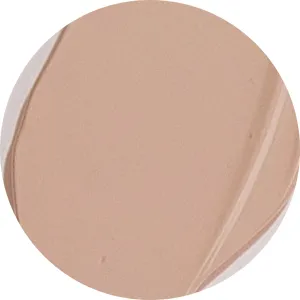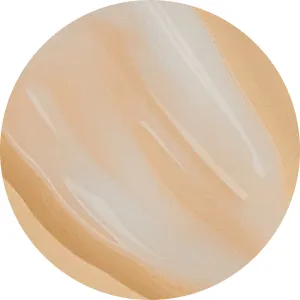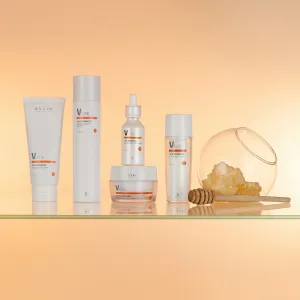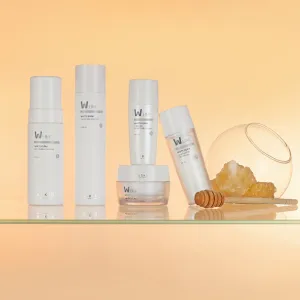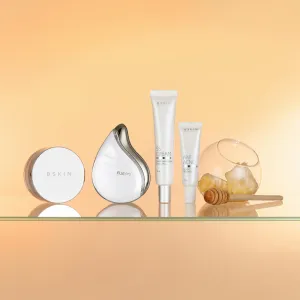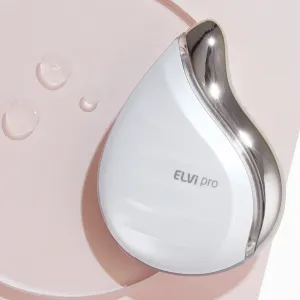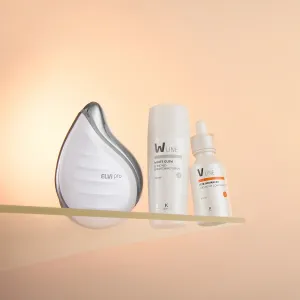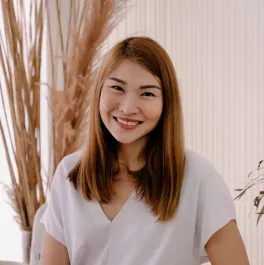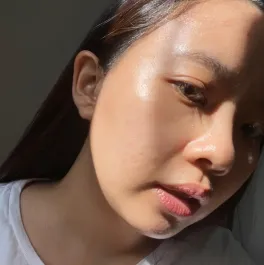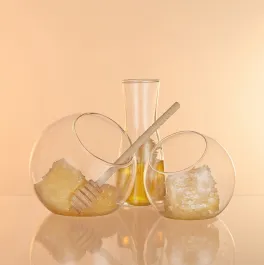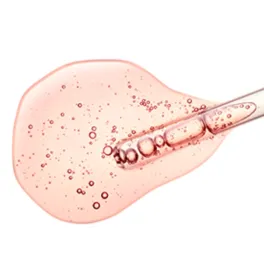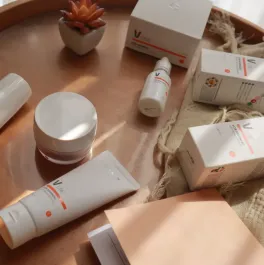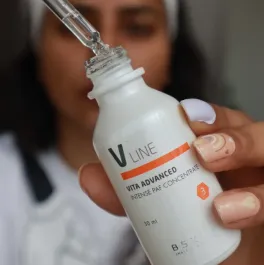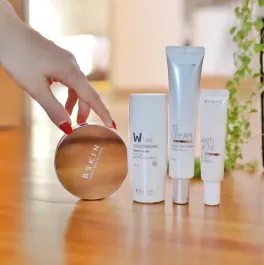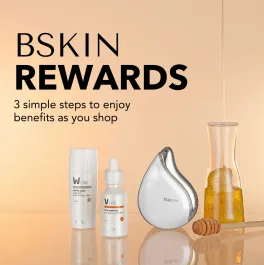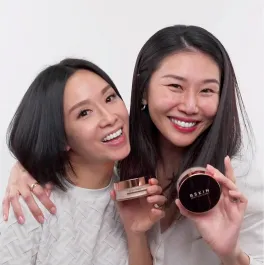Acne: Causes, Risk Factors, Self-care and Over-The-Counter Treatments
Acne: Causes, Risk Factors, Self-care and Over-The-Counter Treatments
Acne is not always something you can easily say goodbye to. When it comes to caring for acne-prone skin, having the right products, the right routine and consistency is key. There are a few effective self-care activities and over-the-counter products like BSKIN Anti-Acne 3C Spot Treatment that you can try at home to prevent pimples and clear up acne.

The medical name for acne is Acne vulgaris. In textbook terms, acne is a chronic, inflammatory skin condition resulting in pimples on the skin. The most common areas for breakouts are the face, chest, upper arms and back. As per the American Academy of Dermatology publication in 2006, acne is the most common skin condition in the United States. And up to 50 million Americans are suffering from this condition yearly. Acne is common in young adults.
Fast facts on acne
-
It is often not a critical condition. Having acne may lead to low self-esteem and take a toll on one's emotional health.
-
Acne is a disorder of oil glands (sebaceous gland) at the base of hair follicles.
-
Excessive oil production, clogged pores, bacteria that trigger an inflammatory response, and hormonal changes can contribute to acne formation.
-
Propionibacterium acnes (P. acnes) is a bacteria that live on the skin, causing pimples.
-
In addition to the above risk factors, genetics, diet, anxiety, emotional stress, hot and humid climates, applying oil-based makeup, and squeezing pimples play a part.
-
Treatments target acne control, avoid scarring or make scars less noticeable, and prevent further damage to the skin.
What causes acne?
Our skin has pores that connect to sebaceous (oil) glands at the base of follicles. Follicles are tiny sacs that produce and secrete sebum – the skin's natural lubricant. Acne is caused when these follicles get clogged, and oil builds up under the skin.
Dead skin cells, oil and hair can clump together into a plug, making a perfect environment for the acne-causing bacteria-Propionibacterium acnes. If the clogged pore becomes infected with P. acnes, it flourishes and causes inflammation, forming a pimple.
What are the other factors for developing acne?
-
Hormonal changes due to puberty, pregnancy, menopause or the use of hormones like testosterone
-
Diet high in carbohydrates and refined sugars, including bread and chips
-
Family history - having parents who had acne.
-
Stress: Even though stress does not cause acne, it may worsen existing conditions.
-
Comedogenic cosmetics that can clog pores and skincare products with nasty chemicals that can stress the skin.
-
Environmental aggressors like dust and pollution resulting in buildups
How is acne treated?
Acne is not always something you can easily say goodbye to. When it comes to caring for acne-prone skin, having the right products, the right routine and consistency is key.
There are a few effective self-care activities and over-the-counter products you can try at home to prevent pimples and clear up acne.
-
Clean your skin daily with a mild cleanser or a soap to remove dirt and excess oil.
-
Apply anti-blemish treatment to address acne concerns pre, during, and post-breakouts. For example, The BSKIN Anti-Acne 3C Spot Treatment leaves skin blemish-free, clear, renewed and healthy. This formula features Sulfur, Witch hazel, Volcanic ash, and Clay to clear excess oil and dead skin cells that can clog pores, and skin-soothing ingredients like Calamine, Panthenol to calm irritated complexion. Its 6-Core antioxidant system which includes Glutathione and Vitamin C cares for post-blemish scars and pigmentations. Plus, BSKIN formulations are tailored for Asian skin of all ages and do not contain chemical preservatives and harmful ingredients.
-
Shampooing hair regularly and keeping it out of the face
-
Use of non-comedogenic (not pore-clogging) oil-free skincare and makeup
-
Avoid touching, squeezing, or picking pimples, which spreads bacteria
-
Minimize flare-ups by being consistent with your self-care routine.
References:
-
Skin Conditions By The Numbers
-
Acne- Diagnosis and Treatments
-
Are Your Hair Care Products Causing Breakouts?

